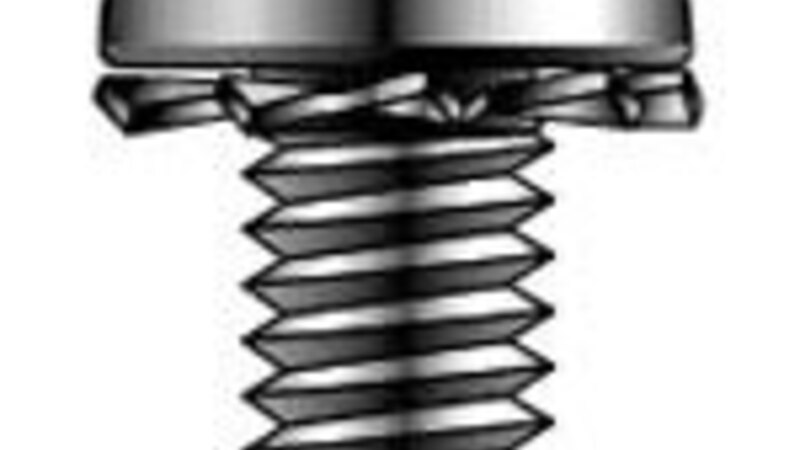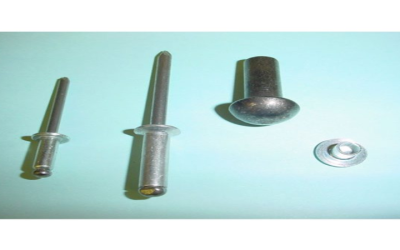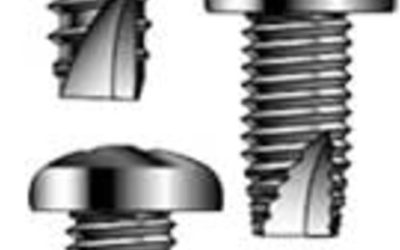Thread forming screws come in a variety of materials, sizes, and shapes, making it challenging to find the right one for the job. However, if you’re working with plastic, things get even more complicated because you don’t want to cause any damage to the material. In this blog post, we’ll be discussing everything you need to know about finding the right thread-forming screws for plastic.
Consider the Type of Plastic Material
Before choosing thread-forming screws for plastic, you’ll need to consider the type of plastic you’re working with. The material’s hardness, thickness, strength, and resistance to chemicals can impact the screw’s performance. For example, low-density plastics such as polyethylene require less torque to form a thread. However, high-density plastics such as nylon will need more torque, and too much can cause the plastic to crack or break.
Choose the Right Screw Type
There are different types of screws, such as self-tapping screws, thread-cutting screws, and thread-forming screws for thin plastic. Self-tapping screws are best for softer materials, while thread-cutting screws are used for harder ones. Thread-forming screws are suitable for plastic because they don’t cut into the plastic, which can cause damage or cracking. Instead, they create threads by reshaping the material around the screw, resulting in a stronger and more secure grip.
Determine the Size and Length Required
Naturally, the screw’s size and length are essential when working with plastic material. Choose a screw with a diameter that fits the hole’s size, and make sure it’s long enough to secure the material properly. The wrong size or length can cause the screw to break, damage the plastic material, or not provide adequate strength.









